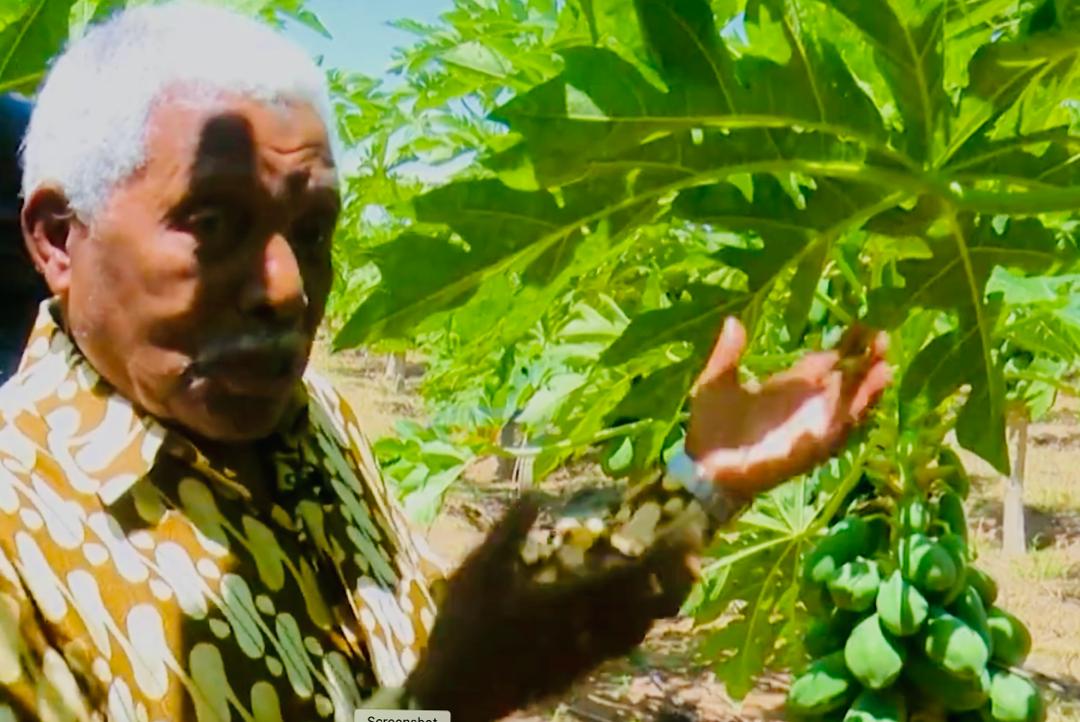Geoffrey Kirenga
During his presidency from 1985 to 1995, the late President Ali Hassan Mwinyi implemented significant policies to support the agricultural sector in Tanzania. Mwinyi, whose life spanned from May 8, 1925, to February 29, 2024, left a lasting legacy in the nation’s agricultural development.
His leadership played a crucial role in transitioning Tanzania from socialism to a liberal market-led economy, revitalizing the economy, addressing debts, and tackling shortages of essential goods. This shift involved re-engaging with international financial institutions like the World Bank and the International Monetary Fund, encouraging private enterprise, and relaxing import restrictions. Additionally, Mwinyi’s administration launched the three-year Economic Recovery Program in 1986, stabilizing the economy and initiating structural adjustments.
Mwinyi’s leadership was also instrumental in introducing multiparty politics, which paved the way for broader political reforms and economic liberalization. Despite facing financial turmoil, droughts, and global oil shocks, President Mwinyi successfully steered Tanzania toward a more market-oriented economy. His policies reshaped Tanzania’s economy and laid the groundwork for future leaders to continue economic reforms and promote sustainable development in the agricultural sector.
In his twilight years, Mwinyi was actively involved in farming across various regions of Tanzania, including the Coast regions, Morogoro, and Dodoma. During an interview with Azam TV in 2020, he emphasized the benefits of agriculture to the youth of Tanzania, using his pawpaw farm in Msalato, Dodoma, as an example. President Mwinyi’s call for youth engagement in agriculture aligns with President Samia Suluhu Hassan’s current efforts, particularly the commitment to transform agriculture through Agenda 10/30 and the newly formulated Agriculture Transformation Masterplan.
These initiatives, implemented under the Ministry of Agriculture and the Ministry of Livestock and Fisheries, aim to ensure that by 2030, Tanzania earns at least US $5.0 billion annually and achieves an annual growth rate of at least 10 per cent. The plan also emphasizes the importance of agricultural corridors, with the Agricultural Corridors of Tanzania (AGCOT) succeeding the Southern Agricultural Growth Corridor of Tanzania (SAGCOT), thereby promoting greater private sector participation in the southern highlands, Mtwara, Central, and Northern Corridors.
*Geoffrey Kirenga, is the Chief Executive Officer, SAGCOT Centre.
